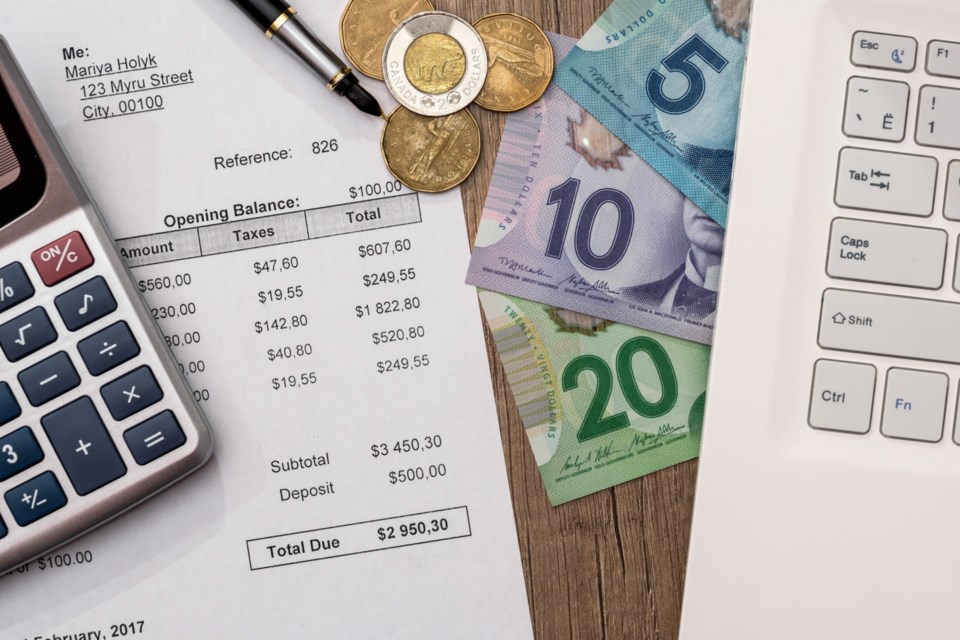As the price of oil continues a steady climb from historic low prices 18 months ago, financial planners continue to urge restraint in the volatile boom and bust cycles that can occur in the oil and gas industries. Although the industry has taken a beating in recent years, it has driven many regional communities across the Lakeland, and continues to do so. Through all the changes, Lac La Biche-based financial planner Dale Sedgwick says the average person should plan their immediate financial situation on their own reality, not on the projection of world events and markets.
“People get into financial struggles when they’re trying to get the world to adjust to them,” rather he said, “people have to adjust their spending habits to the world around them.”
Commodity prices for crude oil and gas that have fluctuated throughout the pandemic, jobs in the industry being lost throughout the years, and growing green energy efforts have all created a concern among his clients who feel the non-renewable industry is under attack, he said, explaining that the average citizen doesn't need to worry about the 'what-ifs' to such a high degree.
Rather, focusing your energy on controlling your budget and saving for emergencies, or investing when you're in a fortunate position better prepares you for the inevitable boom and bust cycle of the oil and gas industry, he said.
“When the oil rigs are going well people are spending money like it’s never going to end. It’s people overspending their paycheques that is more of a problem than the oil and gas industry—in total,” said Sedgwick.
Throughout these tough conversations, he said, it’s important to ask his clients who are learning how to budget—or getting another crash course—where they can reduce their spending and what’s considered essential and non-essential.
“If gas prices are going up, maybe you don’t buy that Harley Davidson and put big tires on it, maybe get a car? If you're worried about gas prices, how many vehicles does your family own? If you're a family of three and you are driving two vehicles is that necessary? It's convenient but is it necessary?”
Discussing these simple ideas, he said, supports the financial needs of their clients and furthers the needed conversation of living within their means and being fiscally responsible —that anybody can learn.
“That’s the type of stuff we try to adjust peoples wavelengths with and try to get them to think smarter.”



